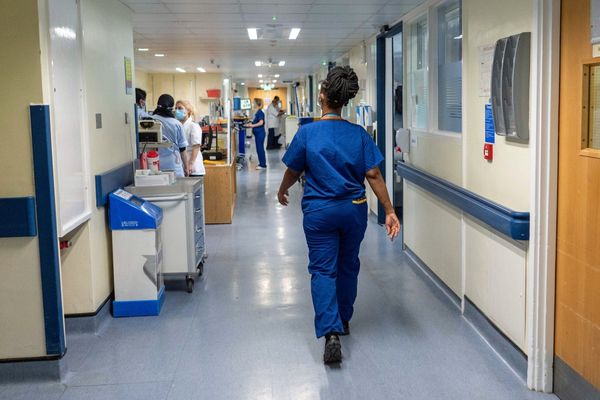Teenage girls are most at risk of long Covid, according to a new study that revealed the effects have been found to run in families. More than one million people in the UK are believed to still be experiencing symptoms of the virus several months on from a positive test.
Sufferers have reported health problems such as fatigue, concentration problems and loss of smell. It comes as experts warned a "perfect storm" is brewing this autumn as a new Covid wave could sweep across the UK.
Scientists studied more than 1,000 adults and children from 314 different households in which at least one person was positive around a year ago, the Mirror reports. They found long-Covid symptoms tended to stay in family groups and those shown to be more susceptible to the virus were teenage girls.
The paper, written by a team from the University of Freiberg, reads: “Our results indicate the critical role of family context on prolonged symptoms following SARS-CoV-2 infection. Parents’ perceptions of their own symptoms may have influenced their perception or reporting of their children's symptoms.
"Our findings highlight the need for caution in interpreting the causes of prolonged symptoms in SARS-CoV-2 infected individuals, especially children. Our study extends the existing evidence by showing that, one year after SARS-CoV-2 infection, persistent symptoms continue to be uncommon in children.
"However, there is accumulating evidence that adolescent girls are at particular risk of prolonged symptoms. A particular focus on preventative and treatment possibilities for this group seems justified. Our findings suggest that research on family-level mechanisms and treatments for long COVID is likely to be especially valuable.”
One reason put forward as to why Covid was found to stay in family groups was genetics, suggesting parents and their children were predisposed to carry the virus. Another suggested parents’ perceptions may have influenced their kids.
Professor Tim Spector, co-founder of the Covid ZOE app, said the UK is already at the start of the next wave of coronavirus. He told the Independent: “It looks like we’re in the start of the next wave and this time it’s affected older people slightly earlier than the last wave. Many people are still using the government guidelines about symptoms which are wrong.
"At the moment, Covid starts in two-thirds of people with a sore throat . Fever and loss of smell are really rare now – so many people may not think they’ve got Covid."







